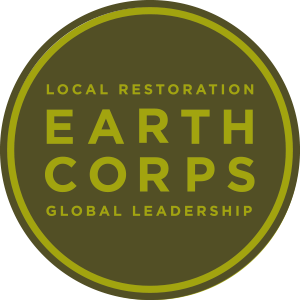We Can’t All Be Corps Members, So Here Are Some Tips to Be More Green!
Small changes in your daily life can make a huge difference! Here are some ways to help you get started!
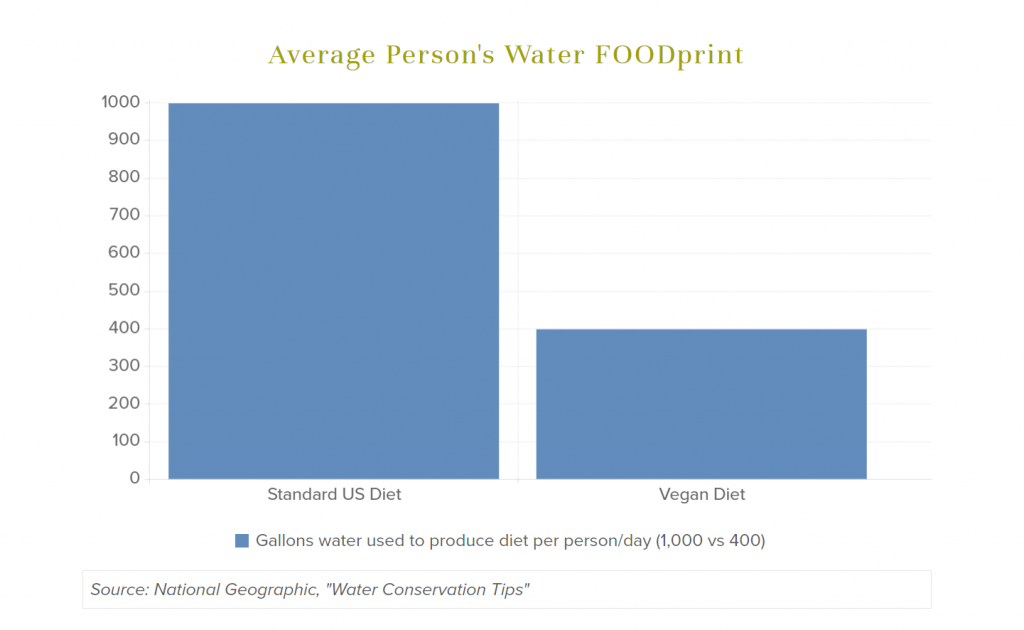
Water Reduction:
Did you know that every time you brush your teeth and have the faucet running, you are wasting about 3 gallons of water per minute (water footprint)? Turning off the water when brushing your teeth, or counting to 20 while washing your hands, can make a big difference. Even taking shorter showers can help, try taking 5 minute showers or less. Play your favorite 5-minute song playlist, or set a timer on your phone for 5 minutes!
Did you know that on average, a pound of beef takes, 1,800 gallons of water to produce? The water footprint of a vegan or vegetarian on average, is around half that of a meat eater. If you want to reduce your water consumption significantly, eating less meat is the way to go! Learn more about what a water footprint is and calculate yours by clicking here!
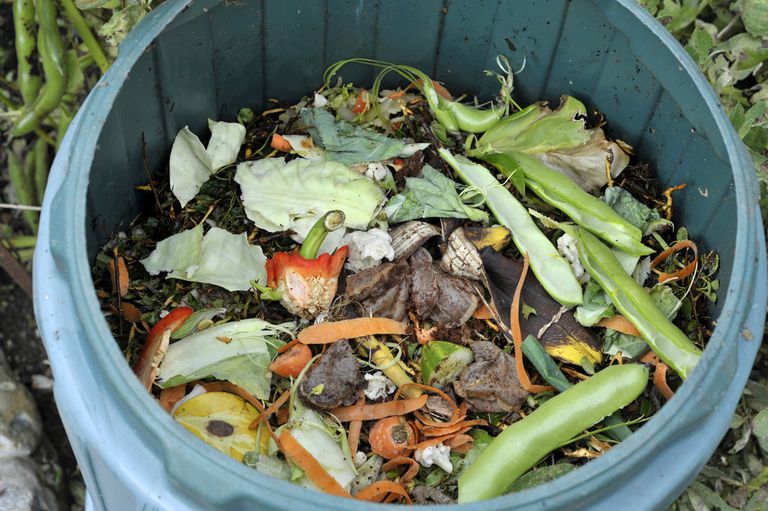
Food Waste Reduction:
Did you know that the largest component of municipal solid waste is uneaten food? In the US only 5% of food is actually composted. Food waste can have harmful climate changing affects. When food waste enters the landfill it eventually breaks down and releases a potent greenhouse gas called methane, methane gas has more of a warming affect than carbon dioxide, as it is up to 86 times more powerful than carbon dioxide. You can help solve this problem by composting food scraps, putting your food scraps in a food waste disposal bin, and even trying to plan meals by making a shopping list! Learn how to compost at home by clicking here!
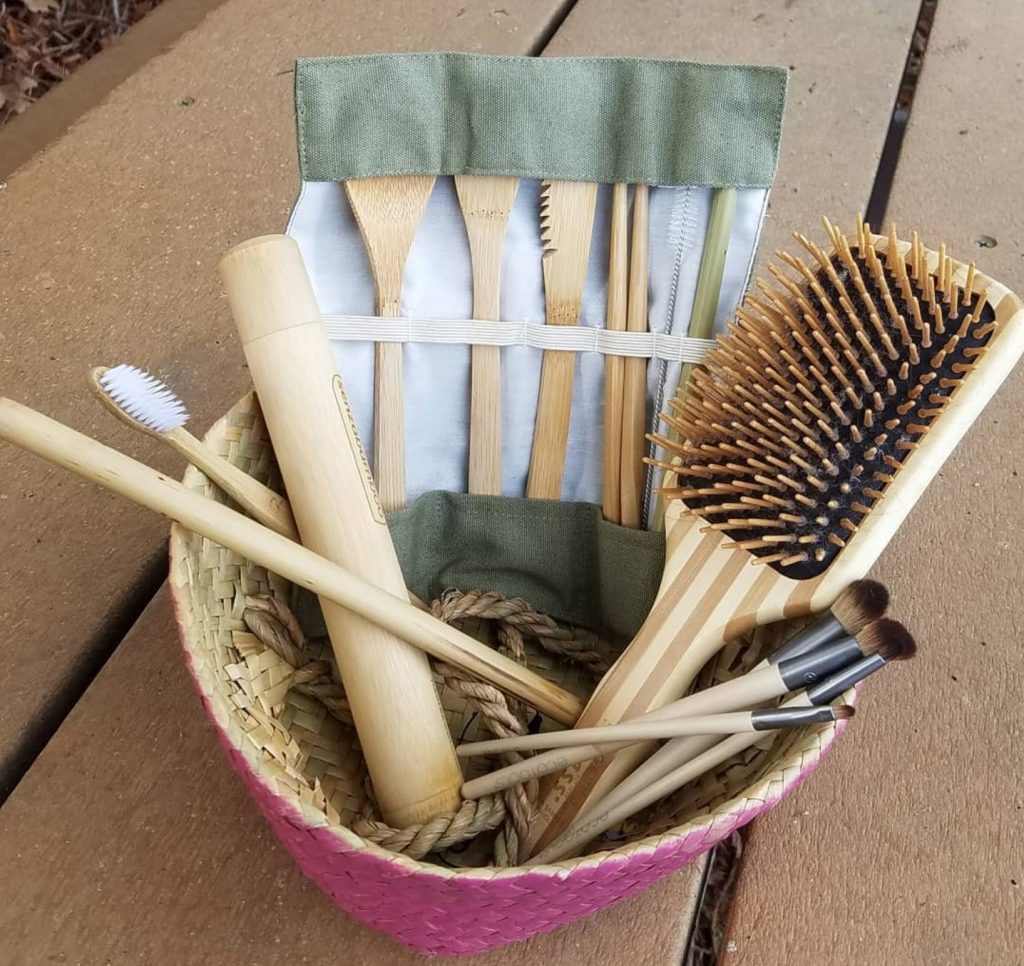
Plastic Waste Reduction:
Did you know there is enough plastic thrown away ever year to circle the earth 4 times? Watch this video to learn more. Try using reusable grocery bags and produce bags when going to the store, use reusable water bottles instead of buying plastic bottles, skip the straw, shop in bulk, and participate in trash cleanups for a local nonprofit!
Did you know that the bamboo plant is one of the fastest growing plants on the planet? That’s why it is such a sustainable product! There are bamboo hair brushes, cutlery kits, toothbrushes, straws and more that can replace single use plastic! Give it a try!
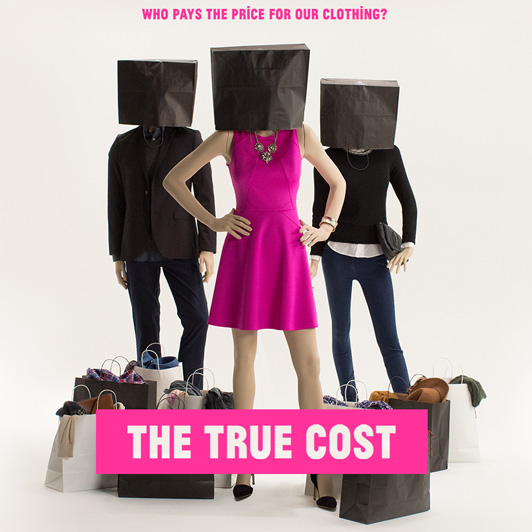
Textile Waste Reduction:
Did you know the clothing industry is the second most polluting industry in the world after the oil industry? Everything from dye chemicals being dumped into rivers, to the energy used to make fabrics, to the greenhouse gases being emitted during manufacturing of our clothing fabric, our clothing industry is destroying the health of our planet. There is so much you can do! You can significantly reduce your textile waste by donating your clothes instead of throwing them away, shopping at thrift stores, buy less clothing, and refusing to wear leather. Learn more by watching these documentaries! The True Cost/ and River Blue
Emissions Reduction:
Did you know you can significantly reduce your emissions with a few simple changes in your daily routine?
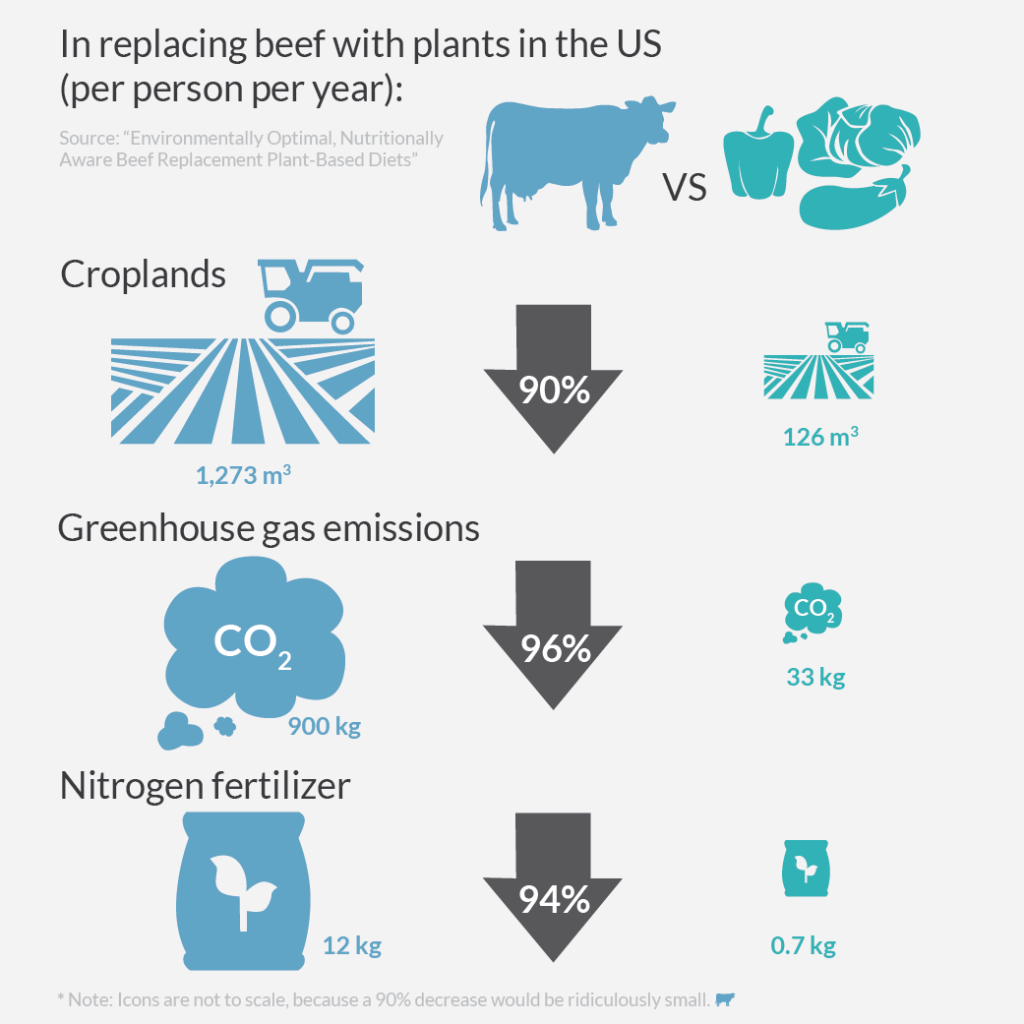
Reduce the distance your food has to travel and release emissions by shopping locally and in season! It is always fun to go to farmer’s markets! Washington state has some great ones coming up this Summer!
Eat less meat! Animal agriculture is the number one cause of deforestation worldwide and second largest contributor to man-made greenhouse gas emissions. In feedlots, cows are being fed corn and soy instead of their typical diet of grass. When cows eat corn and soy they burp a harmful greenhouse gas called methane. A large amount of land is required to make room for the livestock itself, but also to feed the livestock. In fact, we use 8 times as much land to feed livestock than to feed humans. Watch this short video to learn more.
Plant trees! Trees help to combat climate change as they naturally clean our air by storing CO2, a harmful greenhouse gas, in their trunks! Planting trees can really make a big difference! Did you know EarthCorps has planted 1.7 million plants and trees across the Puget Sound? Learn how to plant a tree here.
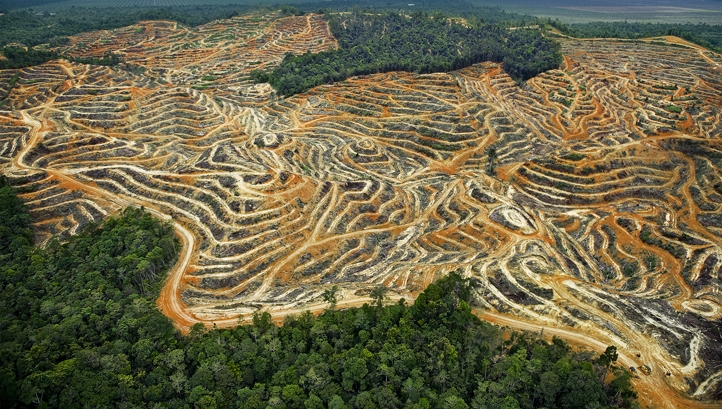
Avoid products with palm oil in them. Palm oil is an ingredient found in half of all supermarket products and is causing mass deforestation in places like Indonesia. Every hour, 300 football fields of forest are being destroyed across South East Asia to make way for palm oil plantations. Not only are we destroying valuable forest that are a sponge for absorbing CO2, but when trees are burned down this releases the harmful CO2 gas that trees store in their trunk back into the atmosphere.
Make your surfing count by switching your browser to Ecosia! It is a search engine like Google, but it helps to plants trees! When you have made roughly 45 searches using the Ecosia browser, Ecosia plants one tree!
Be energy efficient by turning off the lights when leaving your room, unplugging electronics when not in use, carpooling, using other forms of transportation like riding your bike or riding the bus. If you want to switch to green energy, try going solar!
Learn more about how you can make small changes to live sustainably by calculating your ecological footprint!
